What in the World?
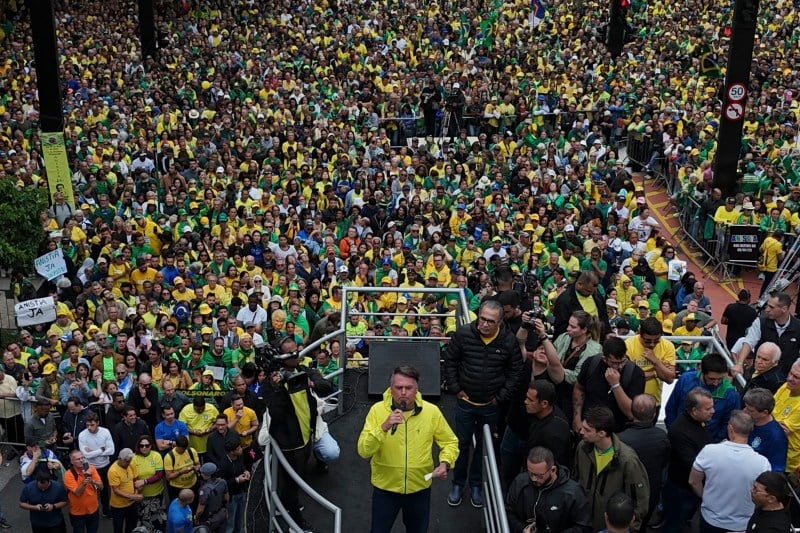
What in the World?
Test yourself on the week of April 5: Bolsonaro rallies his supporters, South Korea sets its presidential election date, and tariffs rattle global economies.
Former Brazilian President Jair Bolsonaro speaks to supporters during a rally in São Paulo, on April 6. (Photo by MIGUEL SCHINCARIOL/AFP via Getty Images)
“Turbulent Trump Tariffs Send Markets Tumbling!”
If the United States is resorting to 1890s-style trade, then why not bring back newspaper headlines of a similar vintage? Speaking of headlines—were you following developments in the rest of the world? Find out with our weekly international news quiz!
Have feedback? Email [email protected] to let me know your thoughts.
“Turbulent Trump Tariffs Send Markets Tumbling!”
If the United States is resorting to 1890s-style trade, then why not bring back newspaper headlines of a similar vintage? Speaking of headlines—were you following developments in the rest of the world? Find out with our weekly international news quiz!
1. Former Brazilian President Jair Bolsonaro held a rally on Sunday in support of draft legislation that could do what?
Overturn a ban on him running for office
Free him and others from criminal charges related to an attempted coup
Impose retaliatory tariffs against the United States
Open the Amazon rainforest to further development
Bolsonaro repeatedly clashed with the judiciary during his time in office, but the courts ultimately held their ground, Andrew O’Donohue wrote last month.
2. On Monday, Reuters reported that several Iranian-backed militia groups were considering disarmament for the first time. In which country are these groups located?
Iraq
Syria
Turkey
Yemen
The announcement comes alongside U.S.-Iran talks over the latter’s nuclear program, though Washington and Tehran appear to disagree over exactly how the negotiations will proceed, FP’s John Haltiwanger and Rishi Iyengar write in Situation Report.
3. On Tuesday, South Korea set a date for its next presidential election. When will the contest be held?
April 29
May 11
June 3
June 25
Impeached President Yoon Suk-yeol’s lofty foreign-policy rhetoric never translated into meaningful action, leaving a contradictory record, Lami Kim argued last week.
4. On Tuesday and Wednesday, Pakistan hosted a global forum intended to accomplish what?
Attract mineral investment to the country
Explore bilateral trade partnerships
Establish security cooperation with new partners
Discuss potential artificial intelligence investment in Islamabad
Speaking at the forum, Prime Minister Shehbaz Sharif said that Pakistan’s mineral wealth could help it reduce dependence on international financial organizations, FP’s Michael Kugelman writes in South Asia Brief.
5. On Wednesday, U.S. President Donald Trump announced a pause in most reciprocal tariffs for what length of time?
30 days
60 days
90 days
120 days
Trump left 145 percent tariffs on China in place—a move that could prompt a slate of revengeful responses from Beijing, FP’s James Palmer writes.
6. Which parties agreed to form a coalition government in Germany on Wednesday?
The Christian Democrats and Alternative for Germany
The Christian Democrats, Alternative for Germany, and Greens
The Social Democrats, Greens, and Free Democratic Party
The Christian Democrats and Social Democrats
Friedrich Merz, Germany’s next chancellor, can now move forward on increasing Berlin’s defense spending. How the continent rearms is an issue that the European Union is attempting to unite around, Giovanni Legorano writes.
7. Egypt’s state statistics agency announced on Thursday that consumer price inflation had climbed to what figure in March?
10.7 percent
13.6 percent
16.4 percent
21.2 percent
Prices keep rising in Egypt as Trump’s tariffs cause global uncertainty, which will likely drive African countries to deepen trade with other partners, FP’s Nosmot Gbadamosi writes in Africa Brief.
8. New Zealand’s Parliament on Thursday voted down a bill aimed at reinterpreting the country’s founding document. Out of 123 total votes, how many did the legislation garner?
11
27
41
55
The legislation drew massive protests leading up to the vote, with those opposed arguing that it would fuel social divisions between Maori and non-Maori populations, FP’s Alexandra Sharp writes in World Brief.
9. Australia’s conservative Liberal Party on Monday withdrew an election promise that would prevent public servants from doing what?
Rolling over vacation days
Working from home
Posting political messages on social media
Undergoing quarterly reviews
“I think we made a mistake in relation to this policy,” opposition leader Peter Dutton said, according to The Associated Press.
10. A Brussels court ruled against Prince Laurent of Belgium on Monday after he sued the government over what?
A proposed change to the royal coat of arms
A dispute over his position in the line of succession
Reductions to his royal allowance
Not receiving social security payments
The prince, who lives in his home rent-free, was determined by the court not to qualify as an independent entrepreneur, and therefore was ineligible to receive the additional payments, the Guardian reports via Agence France-Presse.
You scored
It’s a big world out there! Brush up on global goings-on by subscribing to World Brief, Foreign Policy’s flagship daily newsletter.
You scored
Great job! Now, dig deeper by subscribing to Foreign Policy’s one-stop regional newsletters: Africa Brief, China Brief, Latin America Brief, and South Asia Brief.
You scored
Perfection! You’re a pro who needs the in-depth insights offered in Situation Report, our newsletter on national security and defense.
Have feedback? Email [email protected] to let me know your thoughts.
Drew Gorman is a deputy copy editor at Foreign Policy.
More from Foreign Policy
-

American flags are draped around tables and pipes in a small factory room as women work at sewing machines to produce them. Tariffs Can Actually Work—if Only Trump Understood How
Smart trade policy could help restore jobs, but the president’s carpet-bomb approach portends disaster.
-

Donald Trump looks up as he sits beside China’s President Xi Jinping during a tour of the Forbidden City in Beijing on Nov. 8, 2017. Asia Is Getting Dangerously Unbalanced
The Trump administration continues to create headlines, but the real story may be elsewhere.
-

Trump announces tariffs Trump’s Wanton Tariffs Will Shatter the World Economy
Economic warfare is also a test for U.S. democracy.
-

The Department of Education building in Washington, DC on March 24. Why Republicans Hate the Education Department
Broad popular support means that even Ronald Reagan failed at dismantling the agency.


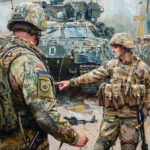
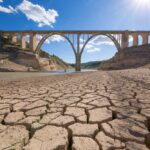


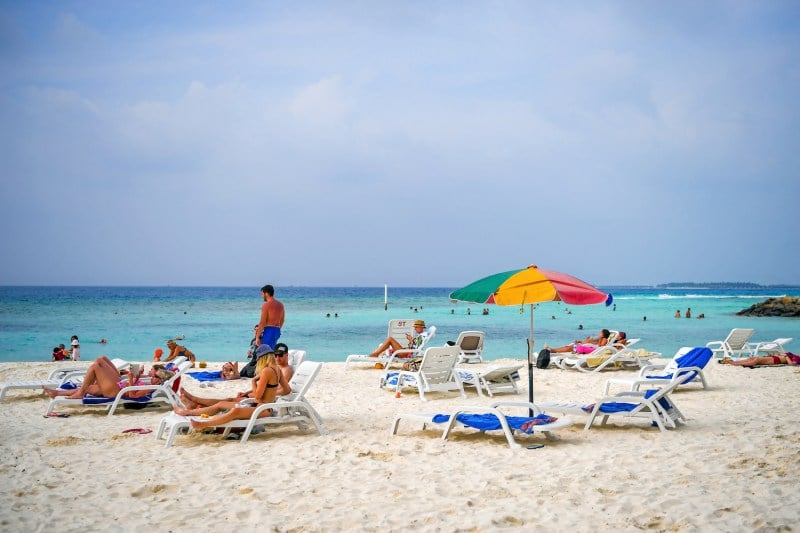
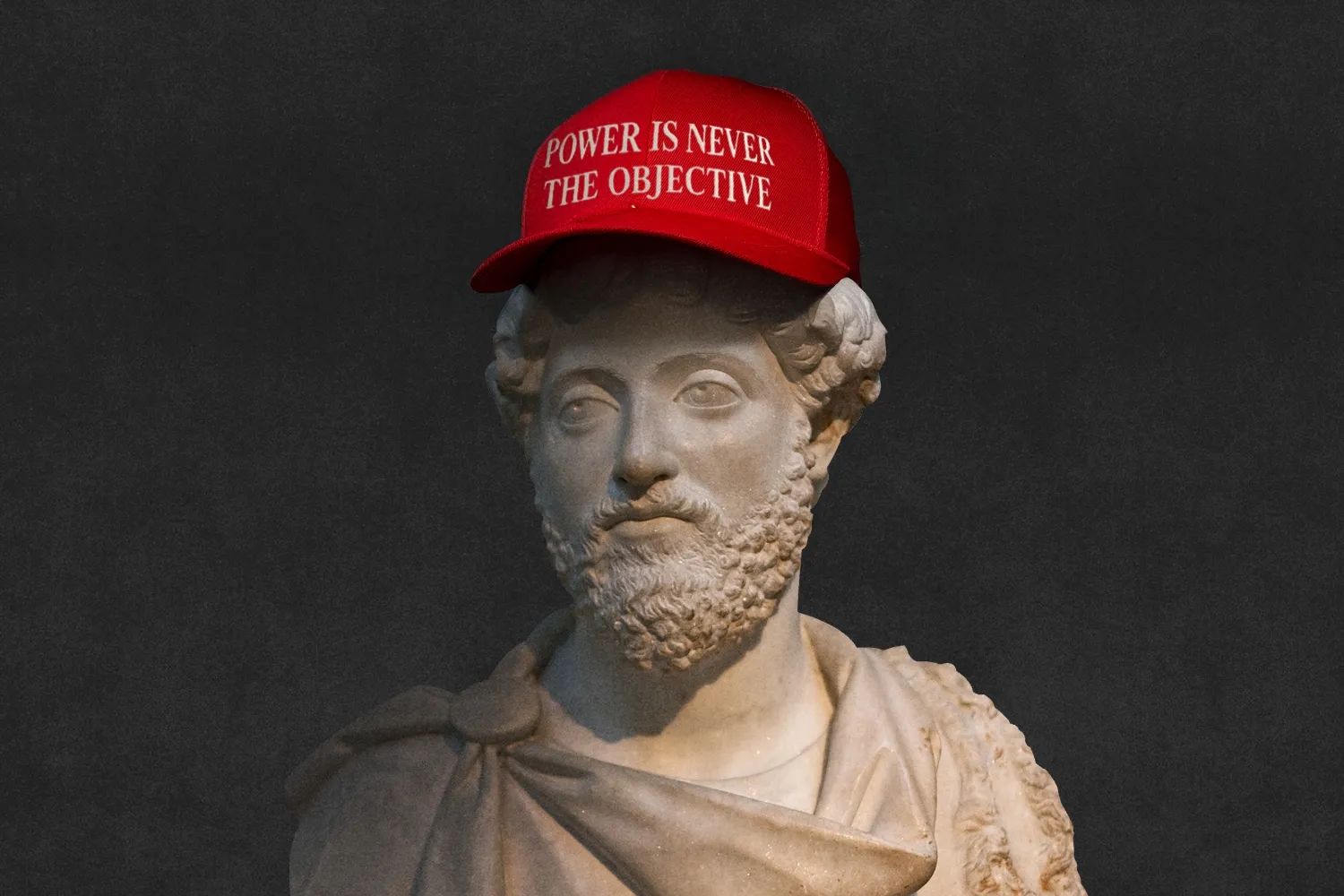
Join the Conversation
Commenting on this and other recent articles is just one benefit of a Foreign Policy subscription.
Already a subscriber?
.
Subscribe
Subscribe
View Comments
Join the Conversation
Join the conversation on this and other recent Foreign Policy articles when you subscribe now.
Subscribe
Subscribe
Not your account?
View Comments
Join the Conversation
Please follow our comment guidelines, stay on topic, and be civil, courteous, and respectful of others’ beliefs.
Change your username |
Log out
Change your username:
CANCEL
Confirm your username to get started.
The default username below has been generated using the first name and last initial on your FP subscriber account. Usernames may be updated at any time and must not contain inappropriate or offensive language.